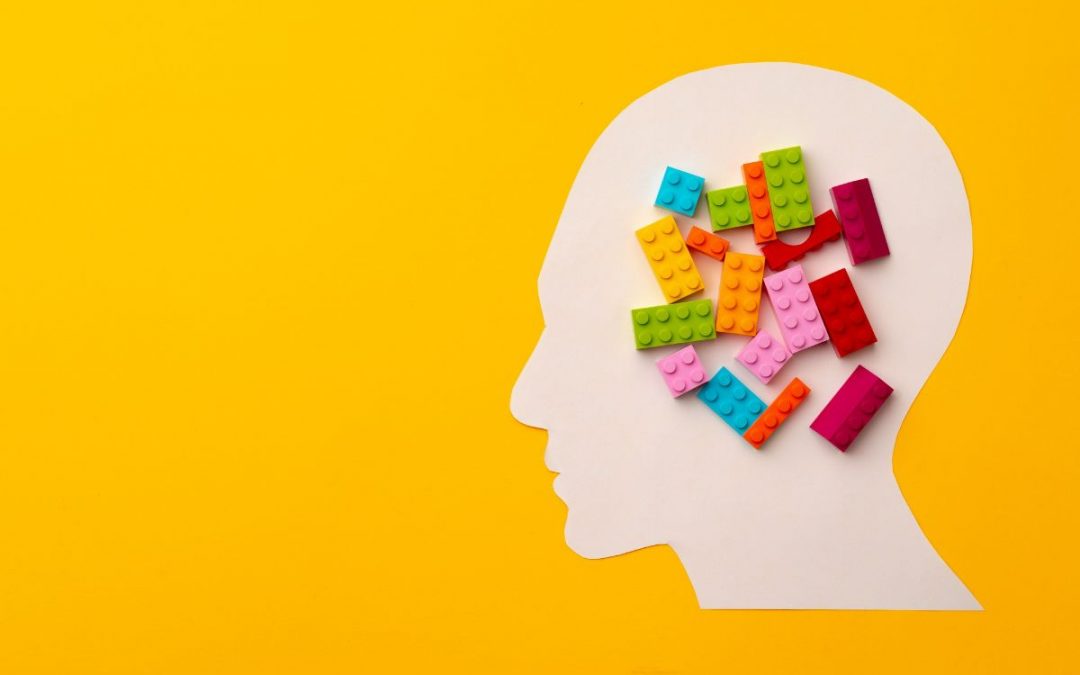Neurodivergence is a term used to describe variations in neurological functioning, including differences in cognitive, sensory, and developmental processes. It encompasses a wide range of conditions, such as autism, ADHD, dyslexia, Tourette syndrome, and others.
Neurodivergent individuals may process information differently, have difficulty with social interactions, experience sensory sensitivities, struggle with executive functioning, or have other challenges. While neurodivergent individuals face such challenges, they also possess remarkable strengths and abilities associated with their condition.
Embracing neurodivergence involves recognizing and celebrating these strengths, which include:
- Unique perspectives: Neurodivergent individuals often perceive the world in different ways, which can lead to fresh and unique perspectives. This can be valuable in creative endeavours, problem-solving, and other areas where thinking outside the box is beneficial.
- Hyperfocus: Many neurodivergent individuals are capable of intense focus on topics of interest, which can lead to exceptional levels of skill and knowledge in those areas.
- Attention to detail: Neurodivergent individuals may be highly attuned to details that others may overlook. This can be useful in fields such as science, engineering, and art, where precision is important.
- Strong memory: Some neurodivergent individuals have excellent memories, allowing them to recall information and experiences in great detail.
- High levels of empathy: Some studies suggest that neurodivergent individuals may have higher levels of empathy and emotional intelligence than neurotypical individuals.
- Creativity: Many neurodivergent individuals excel in creative endeavours, such as art, music, business, and writing.
Of course, these are generalizations and not all neurodivergent individuals will possess these traits. Additionally, it is important to acknowledge that neurodivergent individuals may face significant challenges and discrimination in society. But overall, there are many positive aspects to being neurodivergent that are worth celebrating.
The concept of neurodivergence challenges the idea that there is a single, “normal” way of thinking and behaving, and instead recognizes the diversity of human experience. It emphasizes the importance of accommodating and valuing neurodiversity, rather than pathologizing or stigmatizing it.
Cognitive Behavioural Therapy (CBT) and Executive Function Coaching are two evidence-based interventions that can significantly benefit neurodivergent individuals. They address specific areas of difficulty and promote growth and well-being in the following ways:
Executive Function Coaching
Executive function refers to a set of cognitive processes that help us plan, organize, initiate, monitor, and adjust our behaviour in order to achieve academic, personal and professional goals. Neurodivergent individuals may struggle with executive function, which can make it difficult to complete tasks, manage time and stay organized. Executive Function Coaching involves working together to develop strategies for improving these skills. This may include creating routines, using visual aids, breaking tasks down into smaller steps, and developing personalized strategies and techniques.
Cognitive Behavioural Therapy (CBT)
This form of therapy is focused on identifying and changing negative patterns of thinking and behaviour. CBT proves useful for neurodivergent individuals experiencing anxiety, depression, or other mental health conditions that may be comorbid with their neurodivergence. By addressing negative thinking patterns and developing adaptive coping strategies, we can help neurodivergent individuals manage their emotions and improve their overall well-being.
Through CBT and Executive Function Coaching we can help you or your child thrive, build skills and strategies to improve daily functioning and quality of life. We tailor these interventions carefully to the individual’s specific needs and goals and work collaboratively to provide the support and scaffolding necessary to achieve more independence, flexibility, and success.
In conclusion, by celebrating neurodivergence and leveraging evidence-based approaches, we unlock the full potential of neurodivergent individuals, enabling them to lead fulfilling lives.
